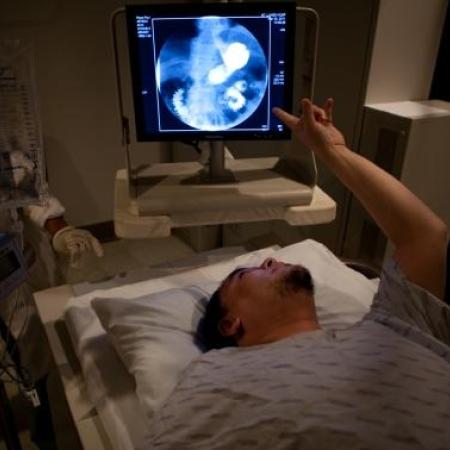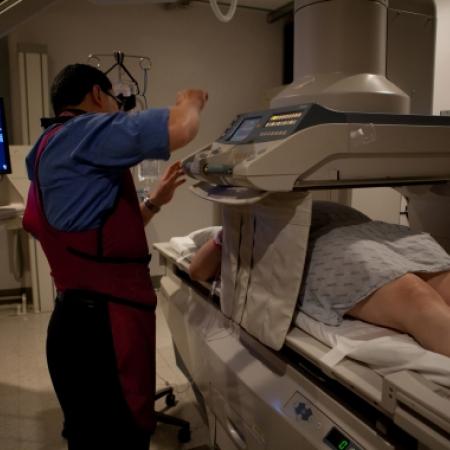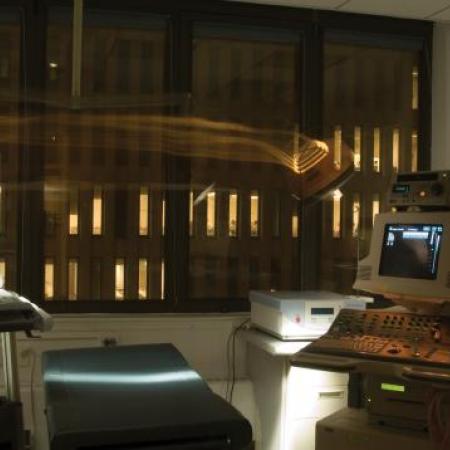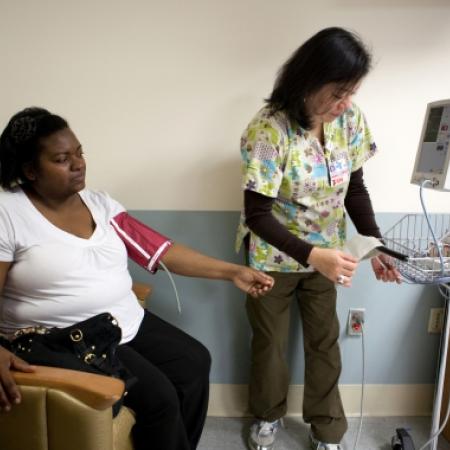The gallbladder concentrates and stores bile as a pear-shaped sac which it can release to help digestion after a fatty meal.
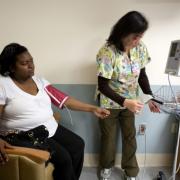
Trust is the most important component of the relationship between medical staff and patients. The patients need to trust their doctors, they need to know that they’re placing their lives in capable hands. Hands belonging to people who know what they are doing and who care about every single person whose path they cross in their line of work. Patient experience relies on the competence, support, and kindness of the hospital staff. Dr. Belsley works with his staff to ensure patients have a good understanding of the information related to their condition in order to build trusting relationships.
The hospital staff needs to understand the patients and their individual need. Attention to each individual person’s need must persist. The staff, from the nurses and orderlies to physicians and surgeons, needs to understand the medical conditions of their patients so they can apply all the knowledge they have to help patients throughout their hospital experience.


